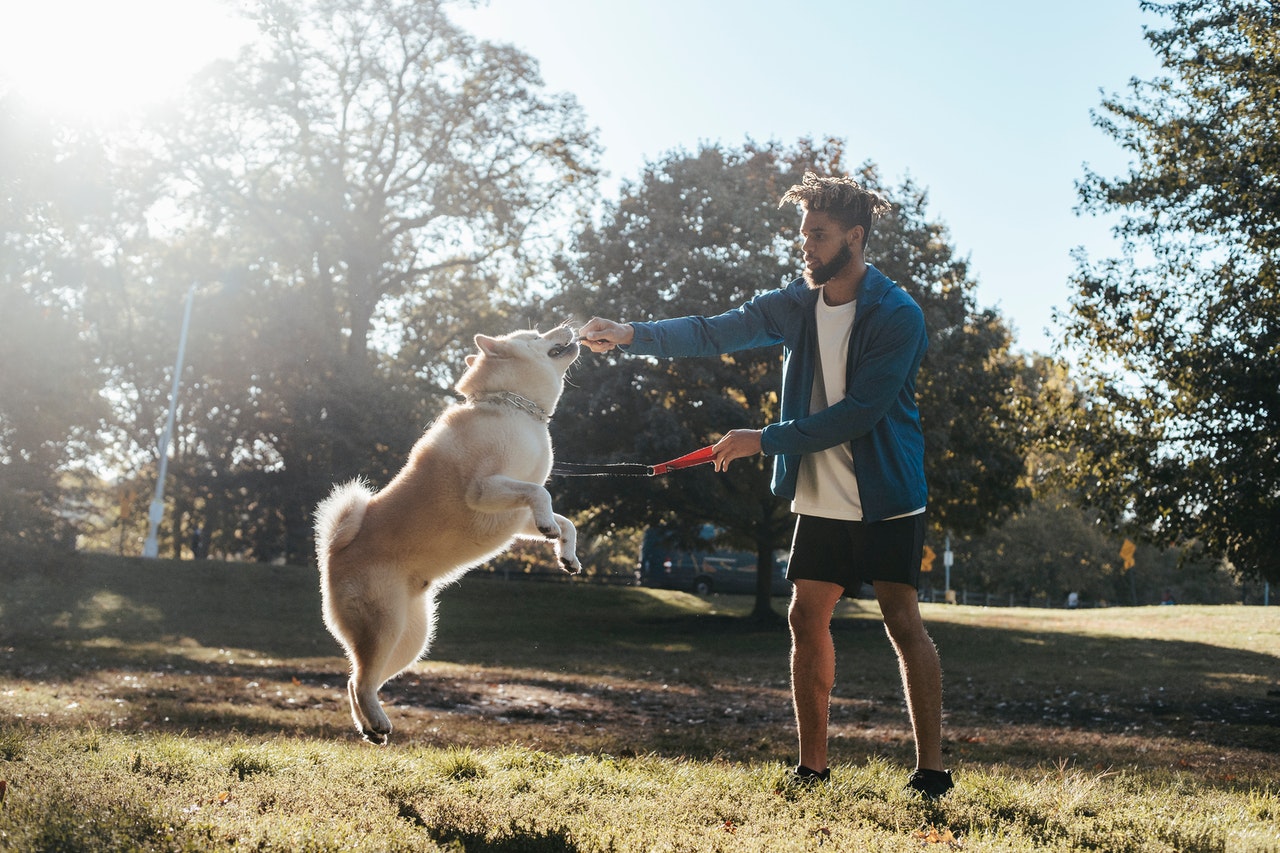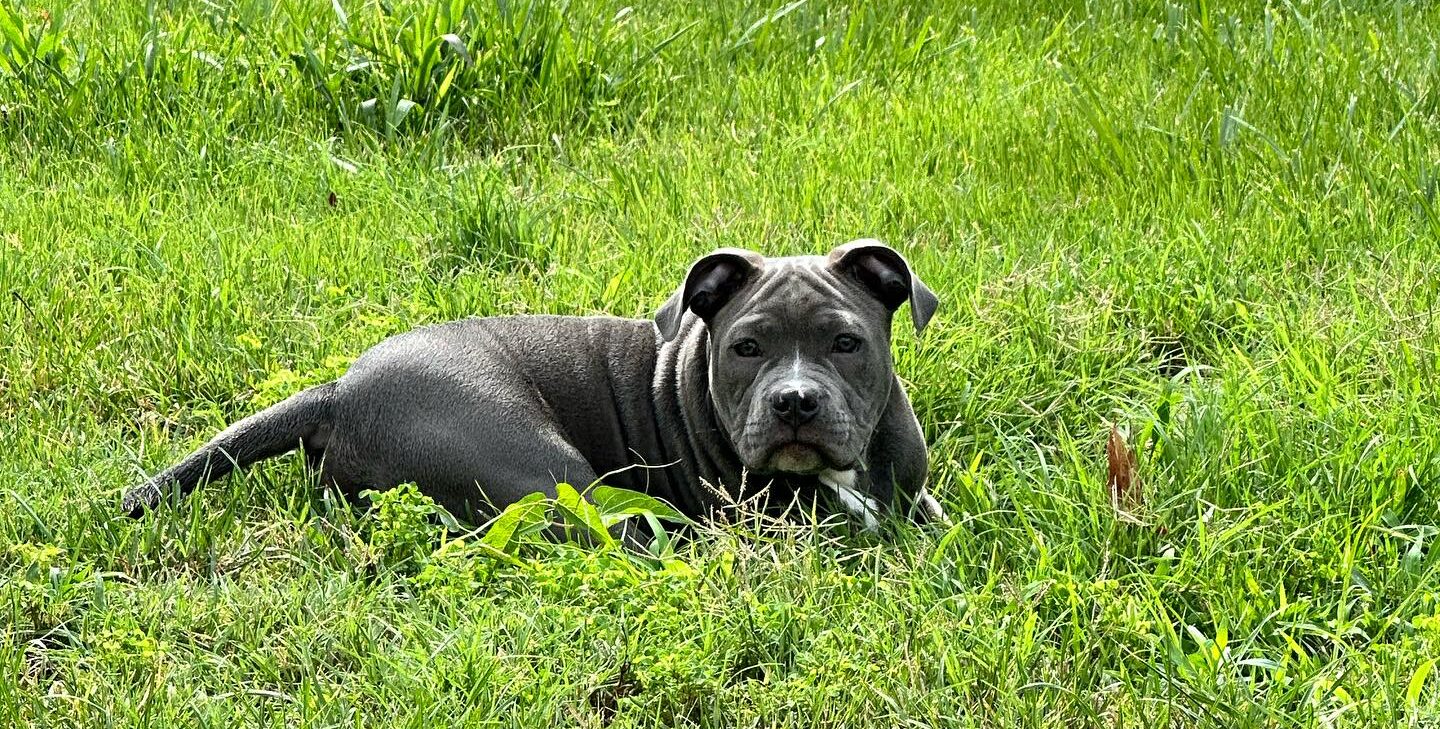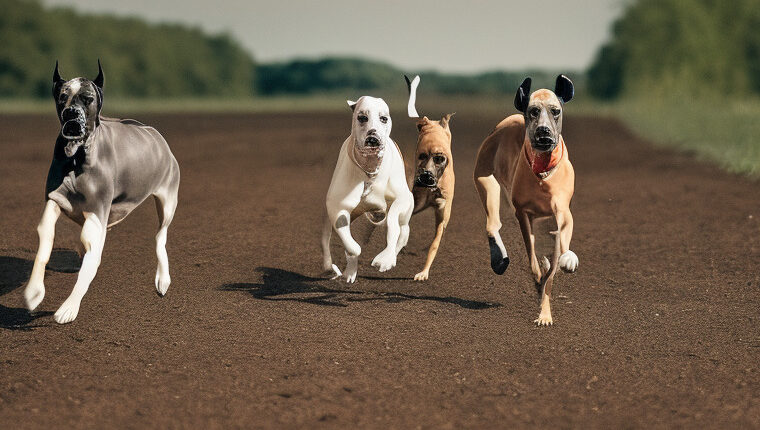Last Updated on February 14, 2023
Everyone wants to get a dog as a pet. Statistics do show that dogs are the world’s widely adopted animal for a pet. This is not surprising, given that dogs are commonly termed as man’s best friend. While it might be so, do you have what it takes to own a dog? This is especially true for new owners who are totally new to the idea of having a dog as a pet. Do you know what to expect when it comes to adopting a dog too?
There are indeed many things that you should consider first before you make a rash decision to get a dog. This is really to be fair to yourself as well as being fair to the dog itself. Of course, some of these might not be applicable to you, but they are still very legitimate reasons or factors that all prospective dog owners should consider.
Things All New Owners Should Know Before Owning A Dog
I can’t stress enough how important the following section is, especially if you are really serious about getting a dog for your family. There are so many things to consider, and each of them will be equally important in selecting the dog breed too. We will also cover some of the top responsibilities of owning a dog.
#1: Time
 Do you have the time to commit to taking care of the dog? This includes waking up early to feed the dog or to bring them out for their regular walks. Some dogs might require up to three walks a day, and this requires commitment on top of your work schedule. Feeding time has to be very precise too, and hence you will need to reduce the amount of overtime work that you do so that your dog can have their regular meal.
Do you have the time to commit to taking care of the dog? This includes waking up early to feed the dog or to bring them out for their regular walks. Some dogs might require up to three walks a day, and this requires commitment on top of your work schedule. Feeding time has to be very precise too, and hence you will need to reduce the amount of overtime work that you do so that your dog can have their regular meal.
Also, when it comes to training your dog to be compliant to your rules, it will also take time and effort to do it. It might take up to 4 months just to toilet train your dog.
#2 Cost
Unless you are really not aware, it does cost to own a dog. You would need to factor in the kibbles that they eat as well as the yearly medical checkups. A simple checkup might set you back by at least $40. Are you prepared to have this additional burden on your finances?
#3 Is Your House Dog-Friendly?
As much as we try to make our house safe for newborns to live in, this goes the same for dogs too. As dogs might not be too familiar with the dangers present in the house, it will be important for you to ensure the dog’s safety. This includes keeping wires away from the dog’s reach or securing furniture such that the dog wouldn’t accidentally topple one over. Also, there are some food and medication that is extremely toxic to the dog. Hence, you will need to ensure that such items are kept away from the dog’s reach.
#4 What Is Your Lifestyle
Before you choose the dog’s breed, or even deciding to adopt or get a dog as a pet, you would need to figure out if the dog will impede into your lifestyle, or if you are willing to adapt. There are some dogs that require more effort as well as requiring more time outdoors. If you are not the active type, then you should probably adopt a dog that requires less maintenance. Likewise, if you are on the active side, then getting an active dog will suit your lifestyle perfectly.
#5 Poison In The Lawn
If you have a garden or a lawn, then you might want to keep the dog away. This is because of the presence of insecticide in the garden itself. As the insecticide, as well as other chemicals, are toxic to dogs, you might want to keep the dog away form the garden. Otherwise, you can opt for insecticides that are non-toxic to dogs.
#6 Why You Should ID Your Dog
Yes, we know that the process of putting an ID onto the dog can be tedious and expensive to upkeep, but the benefits of IDing outweighs the cost of it. By putting an ID onto your dog you are essentially tracking your dog, In the event that your dog goes missing and is found by anyone, they simply need to scan the ID tag and they will be able to locate the owner. There are some microchips that indicate the dog’s allergies as well as their specific traits too. This information will come into handy when the dog decides to run away,
#7 Always Know Your Dog’s Allergies
Dogs, like humans, are capable of having allergies. I have seen a dog that is allergic to chicken, beef, and lamb. The owner did not know about these allergies until the dog had an allergic reaction after consuming beef. Knowing your dog’s allergies will eventually help to save their life!
#8 Dogs Need To Be Intellectually Stimulated Too
In order to train your dog’s senses, you will need to constantly keep your dog intellectually stimulated. That can be achieved by using puzzle toys as such toys are specifically designed to ensure that the dog is intellectually stimulated. This can be done by putting a small treat into a puzzle, and the dog got to solve the puzzle before it is being rewarded with a treat.
#9 Get Essentials For The Dog
If you are looking long term, then you should be prepared to fork out some cash to purchase essentials such as their bedding, a good dog crate, treats, or other necessities that will allow your dog to be fully pampered by you.
#10 Is The Dog Suitable For Your Family
You will need to assess your needs as well as your family’s needs. If you have a child, and they are still young, then choosing breeds such as Pitbulls might not be that apt. Always consider your family’s needs before making any decision.
Here are other commonly asked questions from first time dog owners
- What are some important things to consider before getting a dog?: Before getting a dog, it’s important to think about your lifestyle, living situation, and budget. Dogs require time, attention, and money, so make sure you’re ready for the commitment. You should also think about what breed or type of dog would be best for you, as well as any potential allergies or phobias you or someone in your household may have.
- How do I choose the right breed of dog for me and my lifestyle?: When choosing a breed of dog, consider factors like size, activity level, and temperament. Different breeds have different needs and personalities, so research the breed’s characteristics to make sure they match your lifestyle and living situation. You can also consider adopting a mixed breed or rescue dog, which can often have a more flexible temperament.
- What kind of food should I feed my new dog, and how often?: The type and amount of food you should feed your dog depends on their age, size, and activity level. Consult with your veterinarian to determine the best food and feeding schedule for your dog. Make sure to provide fresh water at all times, and avoid feeding your dog table scraps or other human food that can be harmful to their health.
- How can I best train my new dog and ensure they have good behavior?: Positive reinforcement training is an effective and humane way to train dogs. This involves rewarding good behavior and ignoring or redirecting bad behavior. Consistency is key, so make sure everyone in your household is on the same page with training and commands. You may also want to consider enrolling your dog in obedience classes or working with a professional dog trainer.
- What kind of exercise and activity should I plan for my dog?: Dogs need regular exercise and mental stimulation to stay healthy and happy. The amount and type of exercise your dog needs depends on their age, size, and breed. Aim for at least 30 minutes of physical activity per day, such as walking, running, or playing fetch. You can also provide mental stimulation with puzzle toys, training exercises, and interactive playtime.
- How can I make sure my home is safe and dog-proofed for my new pet?: Dogs can be curious and get into things they shouldn’t, so it’s important to dog-proof your home. This can involve putting away any hazardous items, blocking off rooms or areas that are off-limits, and providing a safe and comfortable space for your dog to rest.
- What kind of health concerns should I be aware of, and how can I prevent them?: Common health concerns for dogs include dental problems, obesity, heartworm, and flea/tick infestations. Regular vet checkups, preventative care (such as vaccines and heartworm medication), and a healthy diet and exercise routine can help prevent these issues. Make sure to also keep an eye out for any changes in your dog’s behavior or physical condition, and contact your veterinarian if you have any concerns.
- How can I introduce my new dog to other pets or people in my home?: Introducing a new dog to other pets or people should be done slowly and carefully. You can start by letting them sniff each other from a distance, and then gradually allow them to interact under close supervision. Make sure to provide positive reinforcement and treats for good behavior, and separate them if any aggression occurs.
- What kind of equipment or supplies do I need to have on hand for my new dog?: Some essential supplies for new dog owners include a leash and collar, food and water bowls, a comfortable bed or crate, toys, and grooming supplies. You may also need to purchase a dog license and consider pet insurance to cover any unexpected medical expenses. Other equipment or supplies you may need depend on your individual dog’s needs, such as a harness for a dog who pulls on its leash, or a cooling mat for a dog who gets overheated easily.
- How can I build a strong and healthy bond with my new dog?: Building a strong bond with your new dog takes time and patience. Spend quality time with your dog every day, whether it’s through playtime, training exercises, or simply cuddling. Provide plenty of positive reinforcement for good behavior, and make sure your dog feels safe and comfortable in your home. Consistency is key, so make sure to establish routines and boundaries that work for both you and your dog.
Conclusion
As you can see, there are many things to consider as well as to purchase before you decide to get a dog for a pet. In our opinion, you should be fully committed for the long haul when you get a dog as a pet.
 Dog N Treats All dogs deserve to be pampered
Dog N Treats All dogs deserve to be pampered



